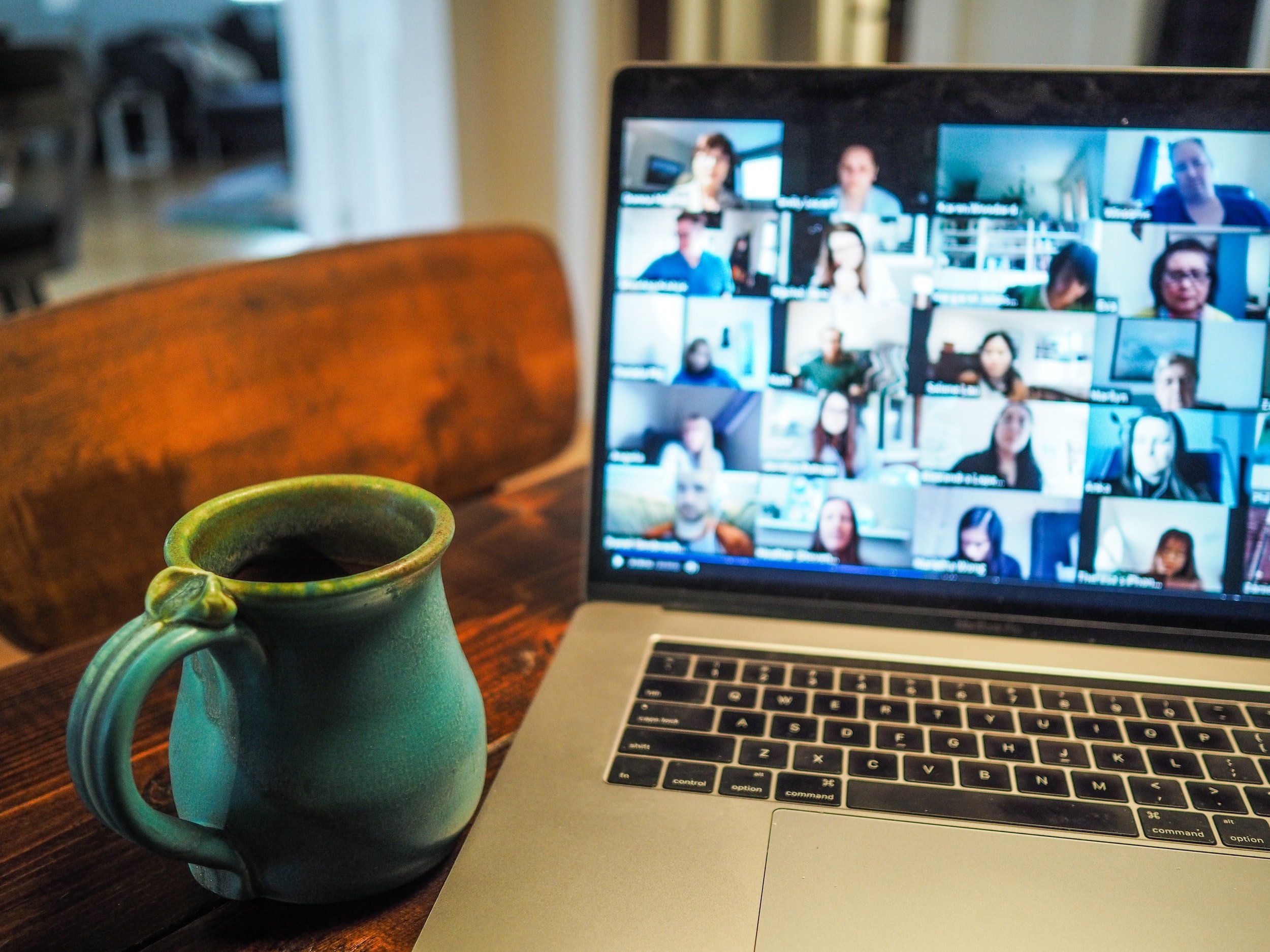Death Cafe
If we talked as honestly and openly about death as we do pregnancy and childbirth, we might live differently.
History of Death Cafes
The Death Cafe movement was founded by Jon Underwood and his mother, Sue Barsky Reid, in Hackney, East London, in September 2010. Inspired by the ideas of Swiss sociologist Bernard Crettaz, who organized "Café Mortel" events in the 2000s, they sought to create a space for open conversations about death.
The Death Cafe concept quickly gained popularity in the United Kingdom after its inception. People began organizing their own Death Cafe events in various locations, embracing the movement's ethos of discussing death in an informal and comfortable setting.
The Death Cafe movement began to expand beyond the United Kingdom, with individuals and groups in other countries organizing their own events.
As discussions around death and end-of-life care became more prevalent in society, the Death Cafe movement gained further traction. It started to influence cultural attitudes and foster important conversations around death, dying, and bereavement. The movement's impact extended to medical professionals, hospices, and community organizations, who recognized the value of open dialogue around death.
The COVID-19 pandemic prompted a significant shift toward online platforms for gatherings and discussions. Moving to virtual spaces allowed for greater accessibility and participation from people around the world, further expanding the movement's reach.
The movement continues to evolve, and new events are regularly organized worldwide, contributing to an ongoing and growing conversation around death and dying.
What is a Death Cafe?
Applying the values of Acceptance, Belonging, Connection, and Legacy, Death Cafe is a cogenerational gathering that aims to create a comfortable and open space for people to gather and discuss topics related to death, dying, and mortality. It provides a platform for individuals to share their thoughts, fears, and experiences surrounding death in a supportive and non-judgmental environment.
Death Cafes are offered:
~ On a not-for-profit basis, meaning they are donations only.
~ In an accessible, inclusive, respectful, and confidential space
~ With no intention of leading people to any conclusion, product, or course of action
Death Cafes are offered in Nehalem and Astoria, Oregon. The next death cafe is listed on the calendar of events.
The founders of the North Coast EOL Collective are experienced facilitators/participants of Death Cafes.


